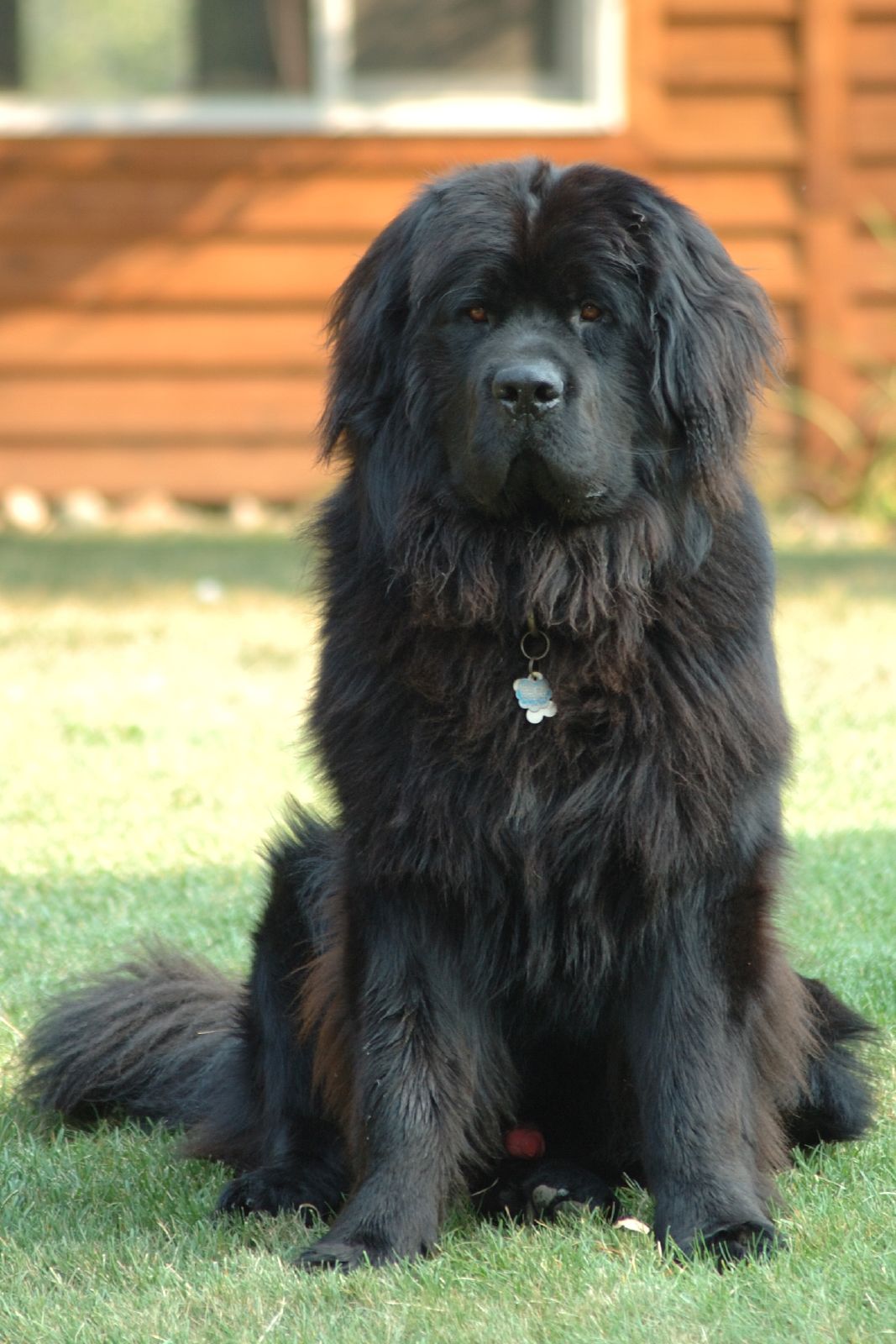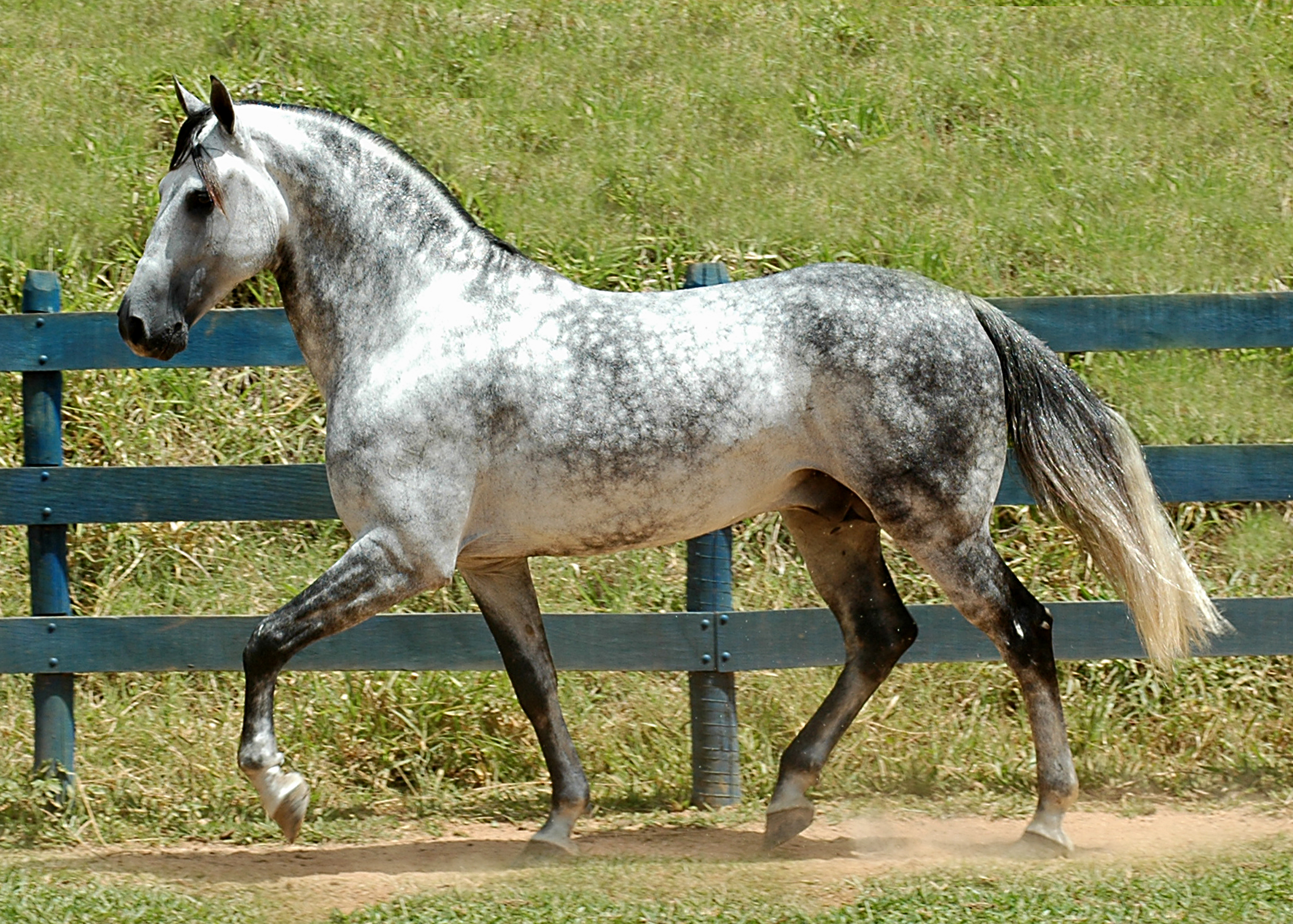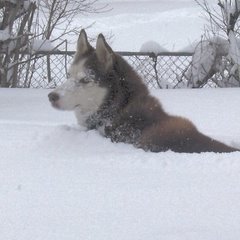


 What is a dog?
What is a dog?
What makes a dog different from an armadillo? Or a buffalo? Or a cheetah or a duckling ... or a zebra 1 ?
We hang out with people and do things with them, right?
Okay, cats hang out with people. Some cats more than others.
But how many cats do you see herding cattle, rescuing people from the ocean 2 , or ... come on ... pulling sleds in the snow?
So dogs do more activities with humans than cats do.
Now, how many activities do dogs do with people, and how many things for people?
Just what are dogs born to do, and people born to do, that we do side-by-side?
Go for rides? Yes. Both species love that.
Stroll in the park, checking out other dogs and people? Right.
Hike in the woods and pee outdoors? Check. (Though more with male humans than female humans.)
But don't we do most other stuff because people want us to do it?
Take "fetch." Human throws stick or ball. Dog runs after stick or ball. Dog settles down to chew stick or ball?
If you're most Siberian Huskies, that's what you do. If you bothered to go after it in the first place.
But for some reason humans don't call that "fetch." They want you to bring the stick or ball back to them.
Why do dogs do it? What's in it for the dog? The human just throws it again.
Now before my fellow and sister Sibes get to feeling too superior, think about this: You love to run. Great! You love the snow. Fine.
But running in the snow where the human wants to go, with straps around your body, tied to maybe 15 other dogs that you have to get along with, pulling around a hundred pounds each....
Five miles today? Thirty? A hundred? Who decides, the dogs or the humans?
See what I mean? Lots of things that dogs do, we do because our people want us to.
Not because it's something we wrote in our Day-Timer the night before.
Oh woo is us!
If we were humans we could be mad at the species that enslaved us. Or at our ancestors who walked into this trap.
Or we could mope around all day.
Fortunately, none of these are part of canine nature. You could say we're optimists. You could say it was bred out of us.
You could say pretty much whatever you wanted to because this happened thousands of generations ago! There's nothing you can do about it now. That bus done left town. 3 , 4
So. Dogs hang out with people and learn what the humans want us to do.
This isn't a negative, it's a positive! Nothing to be embarrassed or ashamed about!

 Chimpanzees learn, sure. But they aren't smart enough to see the good side of living with humans!
Chimpanzees learn, sure. But they aren't smart enough to see the good side of living with humans!
Horses hang out with people. They know where the apples and sugar cubes come from. But they can't learn all the jobs and tricks that we can!
Dogs are champion learners! Why? Dogs learn things in order to stay close to people!
Dogs stay close to people to get a better environment. (Say, a cave to get away from the scary thunderstorm.)
And better food. (Before there was counter surfing, there was boulder surfing. Big slabs of meat left unguarded! Yum!)
So really, learning came first. Dogs are learners.
We've been learners for thousands of generations. → Learn that one thing! ← I'll continue with it next time!
=//=//=//=//=//=//=//=//=//=//=//=//=//=//=//=//=//=//=//=//=//=//=//=//=//=//=//=//=//=//=
1 Ignoring for a moment draft zebras, ostriches, elephants, etc.
2 Dog, I love Newfies! Big forehead, mussy ears, blocky muzzle. Giant sized. They look so dumb! But they know their job, yes they do. I respect that!
 3 It was a Greyhound.
3 It was a Greyhound.
4 mr_ed: The die has been cast. (Alea iacta est.)
The Rubicon has been crossed.
You Can't Go Home Again
Woks broken, boats sunk. (破釜沉舟)
-- photo of chimpanzee courtesy the Science Museum of Minnesota and the film Jane Goodall's Wild Chimpanzees
-- photos of dogs and photo of horse from Wikipedia

No comments:
Post a Comment